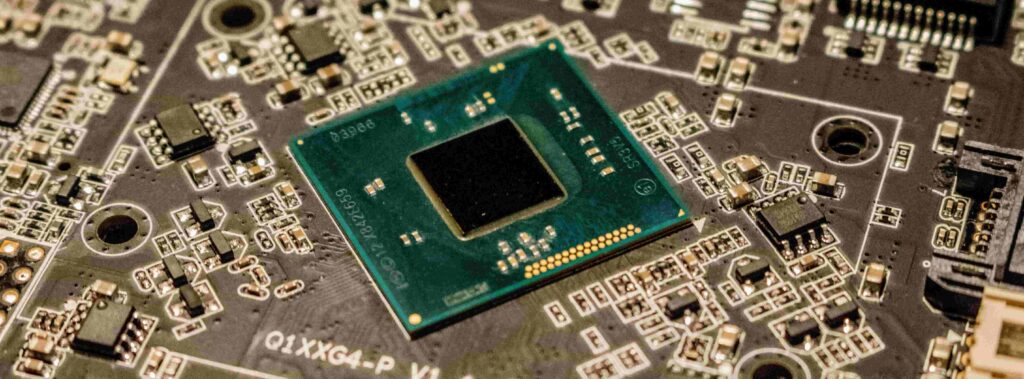
Chipmakers Will Suffer As Russia Limits Exports Of Rare Gases
At first, it was the pandemic that posed hindrances in the form of logistical and supply issues and now the chipmakers are facing yet another problem. Russia has started restricting exports of noble gases such as argon, neon, and helium that are used in the production of semiconductors to countries it terms unfriendly countries as reported by the TASS state news agency of Russia. All such noble gases play a vital role in the production of small electronic chips found in electronic gadgets from smartphones to refrigerators to automobiles, all of which have become critically short in the market.
Limiting the export of such gases seems to be a retaliatory measure taken by President Vladimir Putin against the countries that have imposed economic sanctions on Russia as a direct consequence of its assault on Ukraine. According to a consultancy firm Bain & Company, Russia and Ukraine accounted for 30% of the market share of neon gas worldwide before the war started. The electronic industry has taken a huge toll by the crises created by the supply bottlenecks.
An example of which is reported by LMC automotive says that last year production of cars fell by 10 million due to a shortage of chips but supplies were expected to improve in the latter half of the year. Filtering out 'don't need' from a supply is yet another problem that proves to hinder and even stall a recovery. Justin Cox, director of global production at the automotive consultancy while talking to CNN said that neon exports were worrying but had not taken chip producers by surprise as after the annexation of Crimea by Russia nearly eight years ago the manufacturers were ready for more supply disruptions from the region.

Russia and Ukraine have both been the leading producers of neon gas globally. Back when the USSR was developing military and space technologies with the utilisation of neon both the countries ensured collaboration and this collaboration continued until Russia attacked Ukraine in 2022. The industrial sites of Ukraine in Odesa and Mariupol have been severely damaged due to intense shelling and bombings. However, the chipmakers have been trying to axe their reliance on this region since the invasion of Crimea in 2014. Peter Hanbury, partner of Bain & Company told CNN Business that after the Crimean invasion the chipmakers have decreased their demand to less than one-third of their total demand which was seen around 80% to 90% before 2014.
Mr. Hanbury said that the manufacturers of electronic chips were most likely to pay higher prices for gases vital for the production of semiconductors if they were to replace the supply with another region. The majority of stakeholders were, however, confident that the export limitations were unlikely to impact the prices of gases because these gases were traded under long-term private contracts.
Samsung, a South Korean tech giant would be the first to see a decline in production as it is pretty much reliant on imports of noble gases due to the very fact that it also lacks gas suppliers as compared to the US, Europe, and Japan. Intel and Samsung have promised to invest $20 billion and $17 billion respectively in the US with the latter setting up a production facility in Texas.
On the other hand, China is a major player and can take advantage of Russian export limitations as it has the biggest production facilities. It has been pooling investment in the semiconductor industry including the infrastructure needed to separate noble gases from other industrial processes. As a result of this, China has emerged as a major exporter and is getting better prices for its product.
Learn more about How Gases Are Used For Semiconductor Manufacturing
